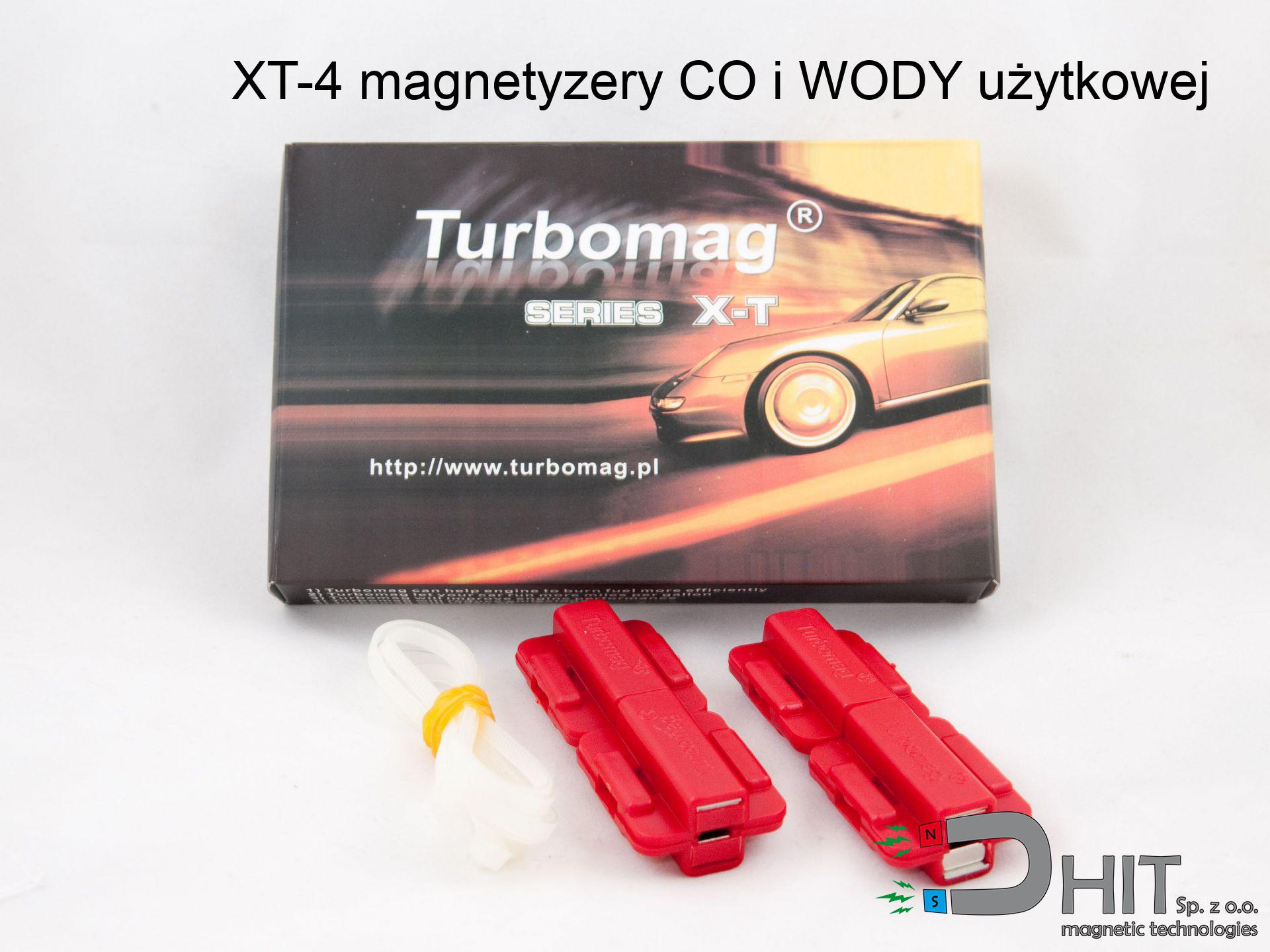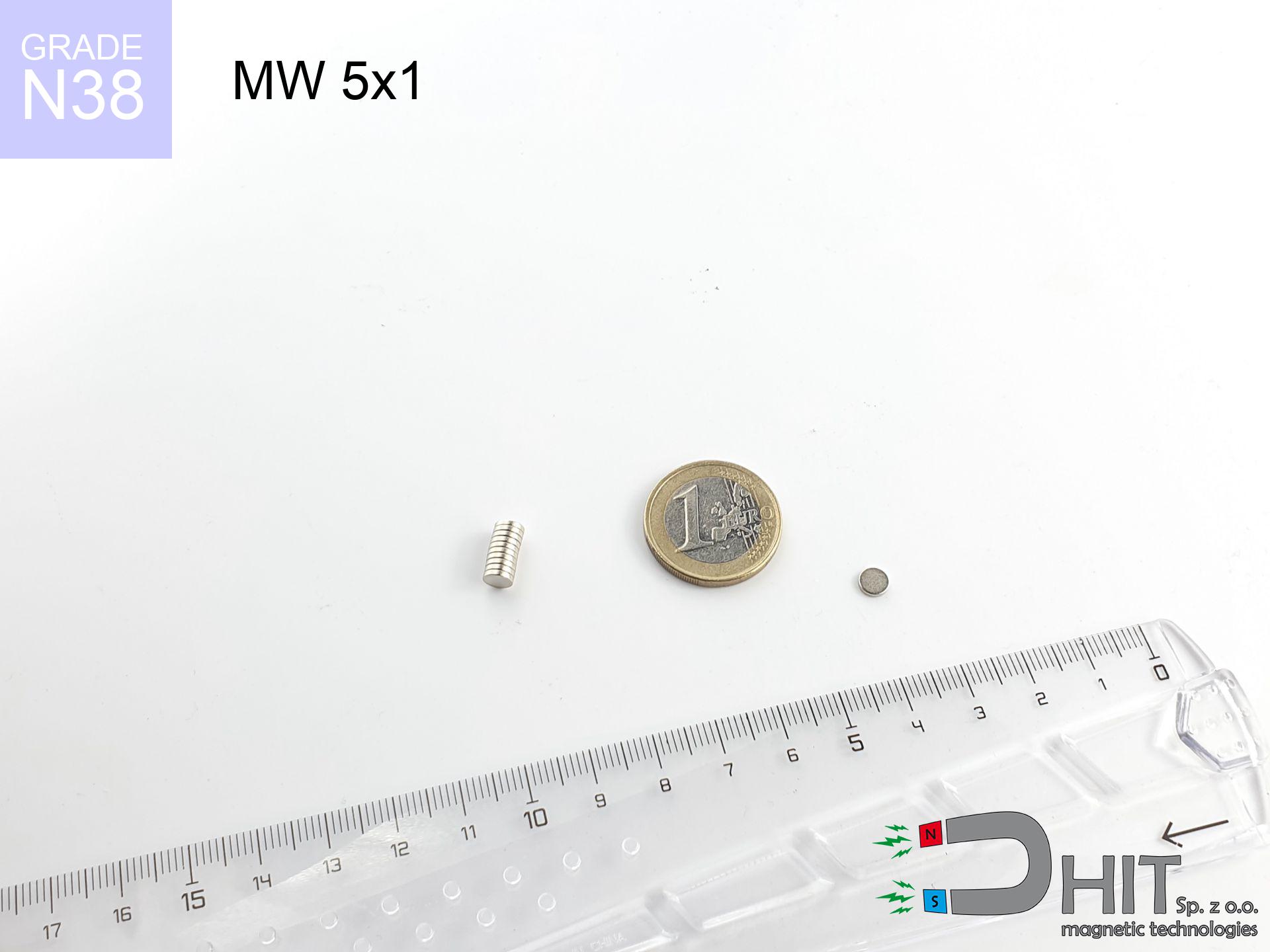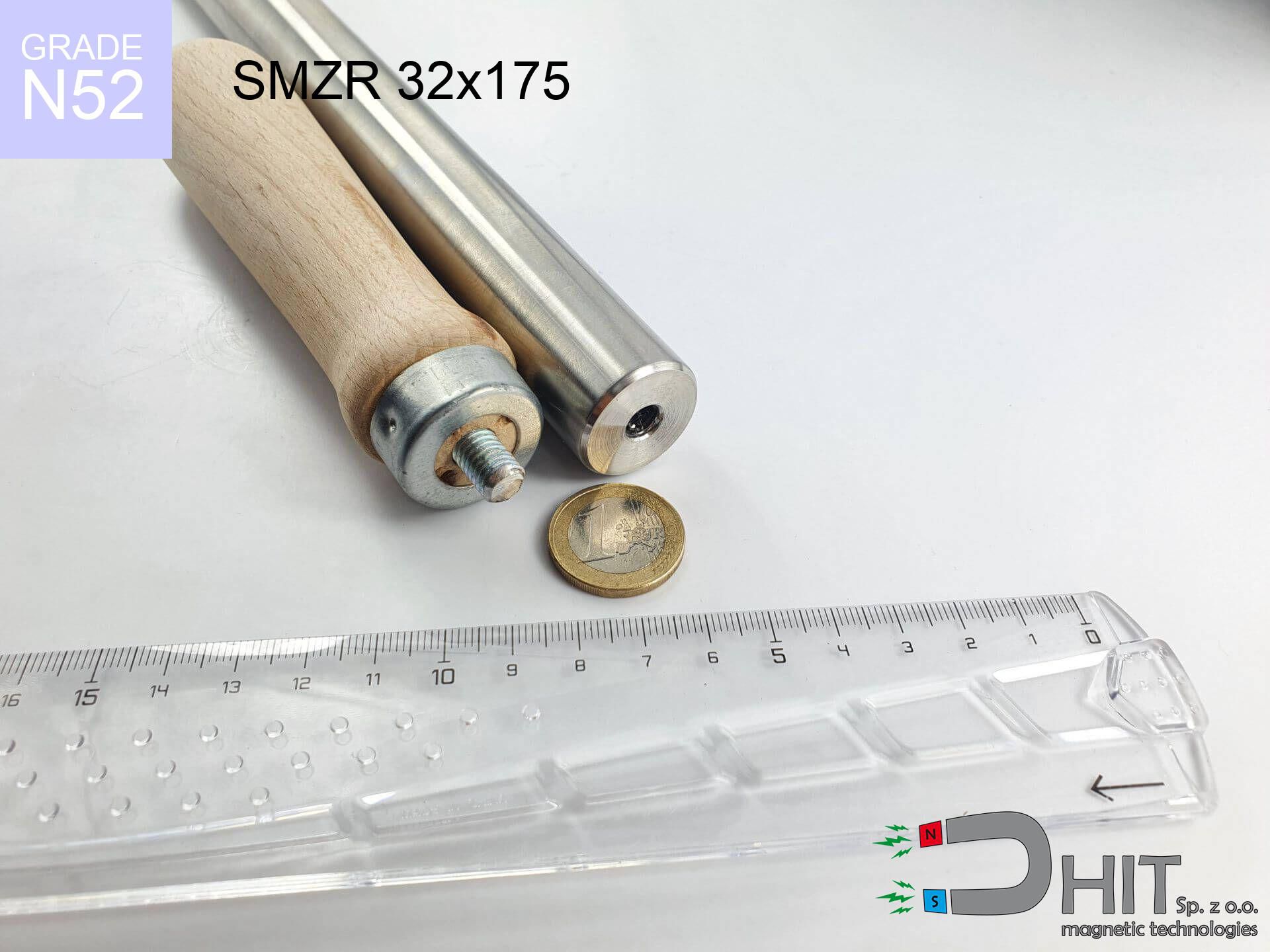XT-4 magnetyzery CO i WODY użytkowej - XT-4 magnetizer
XT-4 magnetizer
Catalog no 050245
GTIN/EAN: 5906301812395
Weight
228 g
98.99 ZŁ with VAT / pcs + price for transport
80.48 ZŁ net + 23% VAT / pcs
bulk discounts:
Need more?
Call us now
+48 22 499 98 98
otherwise send us a note through
form
the contact page.
Force as well as form of magnets can be calculated with our
our magnetic calculator.
Same-day processing for orders placed before 14:00.
Product card - XT-4 magnetyzery CO i WODY użytkowej - XT-4 magnetizer
Specification / characteristics - XT-4 magnetyzery CO i WODY użytkowej - XT-4 magnetizer
| properties | values |
|---|---|
| Cat. no. | 050245 |
| GTIN/EAN | 5906301812395 |
| Production/Distribution | Dhit sp. z o.o. |
| Country of origin | Poland / China / Germany |
| Customs code | 85059029 |
| Weight | 228 g |
| Manufacturing Tolerance | ±1 mm |
Physical properties of sintered neodymium magnets Nd2Fe14B at 20°C
| properties | values | units |
|---|---|---|
| Vickers hardness | ≥550 | Hv |
| Density | ≥7.4 | g/cm3 |
| Curie Temperature TC | 312 - 380 | °C |
| Curie Temperature TF | 593 - 716 | °F |
| Specific resistance | 150 | μΩ⋅cm |
| Bending strength | 250 | MPa |
| Compressive strength | 1000~1100 | MPa |
| Thermal expansion parallel (∥) to orientation (M) | (3-4) x 10-6 | °C-1 |
| Thermal expansion perpendicular (⊥) to orientation (M) | -(1-3) x 10-6 | °C-1 |
| Young's modulus | 1.7 x 104 | kg/mm² |
Elemental analysis
| iron (Fe) | 64% – 68% |
| neodymium (Nd) | 29% – 32% |
| boron (B) | 1.1% – 1.2% |
| dysprosium (Dy) | 0.5% – 2.0% |
| coating (Ni-Cu-Ni) | < 0.05% |
Environmental data
| recyclability (EoL) | 100% |
| recycled raw materials | ~10% (pre-cons) |
| carbon footprint | low / zredukowany |
| waste code (EWC) | 16 02 16 |
See also deals
Advantages and disadvantages of Nd2Fe14B magnets.
Benefits
- They virtually do not lose strength, because even after 10 years the decline in efficiency is only ~1% (based on calculations),
- Neodymium magnets are characterized by exceptionally resistant to loss of magnetic properties caused by external magnetic fields,
- By using a lustrous coating of silver, the element acquires an elegant look,
- The surface of neodymium magnets generates a intense magnetic field – this is a distinguishing feature,
- Due to their durability and thermal resistance, neodymium magnets can operate (depending on the shape) even at high temperatures reaching 230°C or more...
- Due to the possibility of accurate shaping and adaptation to specialized needs, neodymium magnets can be created in a variety of forms and dimensions, which increases their versatility,
- Fundamental importance in innovative solutions – they are used in computer drives, brushless drives, diagnostic systems, and modern systems.
- Relatively small size with high pulling force – neodymium magnets offer high power in small dimensions, which makes them useful in miniature devices
Cons
- To avoid cracks upon strong impacts, we recommend using special steel housings. Such a solution secures the magnet and simultaneously improves its durability.
- When exposed to high temperature, neodymium magnets suffer a drop in power. Often, when the temperature exceeds 80°C, their power decreases (depending on the size and shape of the magnet). For those who need magnets for extreme conditions, we offer [AH] versions withstanding up to 230°C
- When exposed to humidity, magnets start to rust. For applications outside, it is recommended to use protective magnets, such as those in rubber or plastics, which prevent oxidation as well as corrosion.
- Limited ability of making nuts in the magnet and complicated forms - preferred is casing - magnet mounting.
- Health risk resulting from small fragments of magnets can be dangerous, when accidentally swallowed, which becomes key in the context of child safety. It is also worth noting that tiny parts of these products are able to disrupt the diagnostic process medical when they are in the body.
- High unit price – neodymium magnets have a higher price than other types of magnets (e.g. ferrite), which hinders application in large quantities
Pull force analysis
Maximum lifting force for a neodymium magnet – what contributes to it?
- on a plate made of structural steel, perfectly concentrating the magnetic field
- possessing a massiveness of min. 10 mm to ensure full flux closure
- characterized by lack of roughness
- with total lack of distance (no paint)
- under perpendicular force vector (90-degree angle)
- at conditions approx. 20°C
What influences lifting capacity in practice
- Gap (betwixt the magnet and the plate), because even a microscopic clearance (e.g. 0.5 mm) can cause a drastic drop in force by up to 50% (this also applies to paint, rust or debris).
- Pull-off angle – note that the magnet holds strongest perpendicularly. Under sliding down, the holding force drops significantly, often to levels of 20-30% of the nominal value.
- Plate thickness – insufficiently thick steel does not close the flux, causing part of the flux to be wasted to the other side.
- Plate material – mild steel attracts best. Higher carbon content decrease magnetic permeability and lifting capacity.
- Surface quality – the smoother and more polished the surface, the better the adhesion and higher the lifting capacity. Roughness acts like micro-gaps.
- Temperature – temperature increase causes a temporary drop of induction. Check the maximum operating temperature for a given model.
Holding force was tested on a smooth steel plate of 20 mm thickness, when a perpendicular force was applied, however under parallel forces the lifting capacity is smaller. In addition, even a minimal clearance between the magnet and the plate lowers the holding force.
H&S for magnets
Heat sensitivity
Avoid heat. Neodymium magnets are sensitive to temperature. If you require operation above 80°C, inquire about special high-temperature series (H, SH, UH).
Electronic hazard
Data protection: Neodymium magnets can damage payment cards and delicate electronics (heart implants, medical aids, timepieces).
Medical implants
Medical warning: Strong magnets can turn off pacemakers and defibrillators. Do not approach if you have medical devices.
Phone sensors
A strong magnetic field disrupts the operation of magnetometers in phones and navigation systems. Keep magnets close to a smartphone to prevent breaking the sensors.
Shattering risk
Beware of splinters. Magnets can explode upon uncontrolled impact, launching shards into the air. We recommend safety glasses.
Choking Hazard
These products are not intended for children. Swallowing multiple magnets can lead to them connecting inside the digestive tract, which poses a critical condition and necessitates immediate surgery.
Fire warning
Fire warning: Neodymium dust is explosive. Avoid machining magnets in home conditions as this risks ignition.
Handling rules
Before starting, check safety instructions. Sudden snapping can destroy the magnet or injure your hand. Think ahead.
Hand protection
Big blocks can crush fingers instantly. Under no circumstances place your hand betwixt two attracting surfaces.
Sensitization to coating
Allergy Notice: The Ni-Cu-Ni coating contains nickel. If an allergic reaction appears, immediately stop handling magnets and wear gloves.



![UMH 48x11x65 [M6] / N38 - magnetic holder with hook UMH 48x11x65 [M6] / N38 - magnetic holder with hook](https://cdn3.dhit.pl/graphics/products/umh-48x11x65-m6-wiw.jpg)

![SM 25x375 [2xM8] / N42 - magnetic separator SM 25x375 [2xM8] / N42 - magnetic separator](https://cdn3.dhit.pl/graphics/products/sm-25x375-2xm8-feg.jpg)


